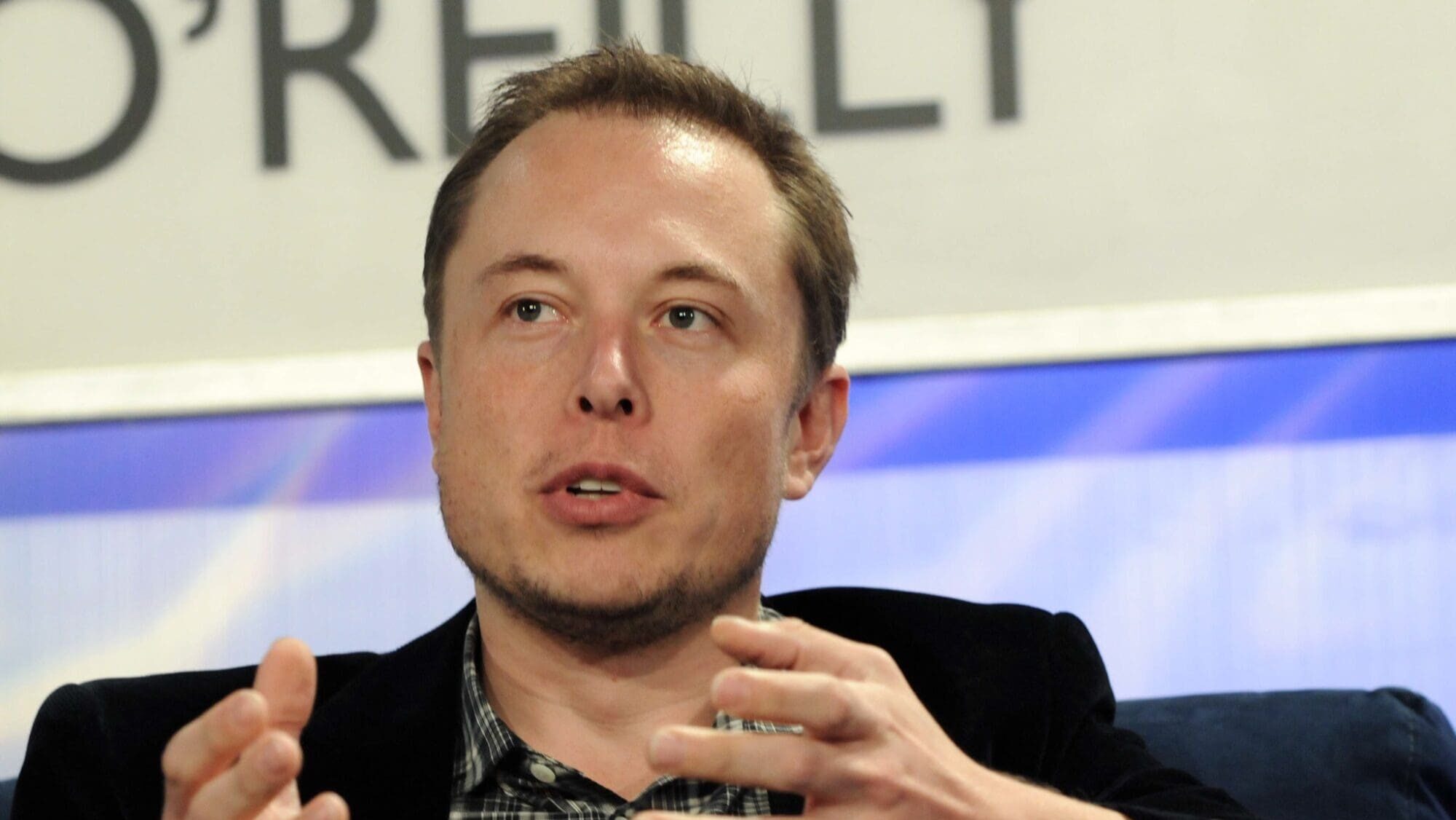
Elon Musk
JD Lasica from Pleasanton, CA, US, CC BY 2.0, via Wikimedia Commons
The European Commission and Twitter/X billionaire Elon Musk look like they are once again on a collision course this week, after the billionaire CEO took to the platform to condemn an “illegal secret deal”—where social media companies were allegedly pressured to censor political opinions online.
This is not the first time the tech mogul has gone to war with Brussels bigwigs. His online outburst came after the European Commission charged Twitter with empowering the spread of so-called misinformation under the terms of the Digital Services Act (DSA), which fines companies 6% of their annual income for non-compliance.
The European Commission offered 𝕏 an illegal secret deal: if we quietly censored speech without telling anyone, they would not fine us.
— Elon Musk (@elonmusk) July 12, 2024
The other platforms accepted that deal.
𝕏 did not. https://t.co/4lKsaRsYoA
The European Union is taking specific umbrage with Twitter’s lenient use of blue ticks for verified users, as Eurocrats also complained that the site was withholding information from EU-sponsored “researchers.”
Despite the threat of EU fines, Musk was jovial at the prospect, saying that “we look forward to a very public battle in court, so that the people of Europe can know the truth.”
He went on to add that EU regulatory authorities offered Twitter an “illegal secret deal” if it “quietly censored speech,” as French Commissioner for the Internal Market Thierry Breton downplayed the prospect of a legal battle with Twitter. Instead, he accused Musk’s team of trying to cut deals with Brussels.
Since taking control of Twitter (and renaming it X), Musk has been at odds with EU regulatory authorities for his libertarian stances on content regulation. The platform was previously targeted under the DSA, alleged to have enabled the spread of misinformation following the Hamas pogrom against Israel- last year.
Responding to the threats, American journalist Michael Shellenberger—author of the ‘Twitter Files’, which documented collusion between censorious governments and social media platforms—accused the EU of a form of ‘foreign interference,” blasting certain “intelligence officials” for taking charge of a new censorship machine, underpinned by the DSA and similar laws.
The totalitarianism we warned of is happening.
— Michael Shellenberger (@shellenberger) July 12, 2024
The European Union is at this moment forcing big tech companies to secretly engage in mass censorship. Google and Facebook are, apparently, going along with it.
Only Elon Musk’s X, among the major platforms, is resisting.
A few… pic.twitter.com/CO1TFJqXfz
Shellenberger then went on to point out publicly the professional links between Commissioner Breton and the French intelligence community, with the EU official making the regulation of American corporations a landmark initiative of his term in office.
It is now expected that Twitter and the Commission will engage in a mediation process to solve the dispute with the EU, which can even seize the company’s assets and ban its operation within the EU should the platform refuse to comply with the DSA.
The regulatory spat could be complicated by Musk’s other economic interests. He influences the electric vehicle industry through Tesla, while the EU itself relies on SpaceX’s satellite system.
The European Commission’s press service did not respond with a comment about its next steps in dealing with Twitter at the time of publication. Any potential legal hearing between the tech platform and the EU would be expected to be aired at the Court of Justice of the European Union (CJEU) in Luxembourg.
